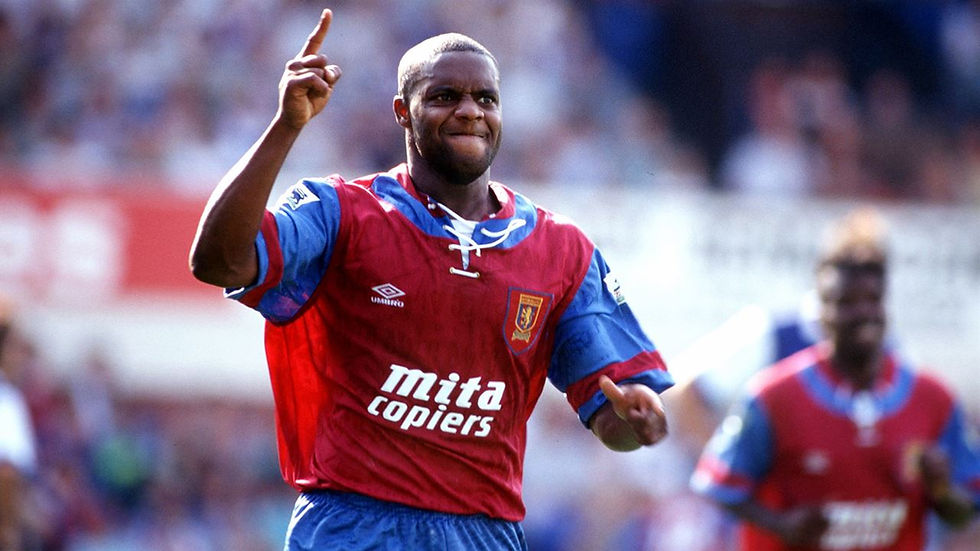Racial profiling: Black men avoid wearing face masks to protect against COVID-19
- Sofia Eugeniou

- May 21, 2020
- 2 min read
Updated: Jul 9, 2020
In a world flipped on its head by the coronavirus pandemic, social tensions are amplified.
As the coronavirus outbreak continues, black men have two concerns: the virus and those who see their covered faces as threatening.
There are very real fears amongst black men that wearing a face mask to protect against COVID-19 will draw unwanted attention in the form of racial profiling and police harassment.
Some black men have described a sense of uneasiness and anxiety when wearing a face mask due to heightened self-awareness and negative perceptions from others.
With a huge rise in coronavirus hate crimes, many of which are racially motivated, it is reasonable for black men to have these concerns.
Underlying societal prejudices and problems can become extremely heightened when people are already predisposed to not trust one another.

In a time of true uncertainty in all aspects of life, anxieties about one another are turned right up and it is certain groups of people (such as black men) that face the brunt of this.
The issue of black men consciously avoiding wearing protective clothing against coronavirus is particularly alarming as black and ethnic minority communities are disproportionately at risk of contracting and dying from COVID-19.
According to data compiled by APM Research Lab, black people specifically are 2.4 times more likely to die from coronavirus than expected based on population.
Following increased reports of police harassment and racial profiling during the coronavirus pandemic by black men for wearing protective face masks, government action is being called for officers to undergo anti-bias training.
In many instances, black men are also harassed by police officers for not wearing masks - a lose-lose scenario.
In the USA, black men have expressed their concerns over wearing protective face masks after a statement by the Centres for Disease Control and Prevention urged all Americans to wear cloth of some kind to cover the face when leaving their homes.
In response, Aaron Thomas from Ohio said on Twitter that he did not feel safe wearing a handkerchief or anything else over his nose and mouth that "isn't clearly a protective mask" because he is a black man. Aaron ended his tweet with the following powerful statement: "I want to stay alive but I also want to stay alive".
Aaron's post has been retweeted more than 17,000 times and has almost 124,000 likes.










Comments